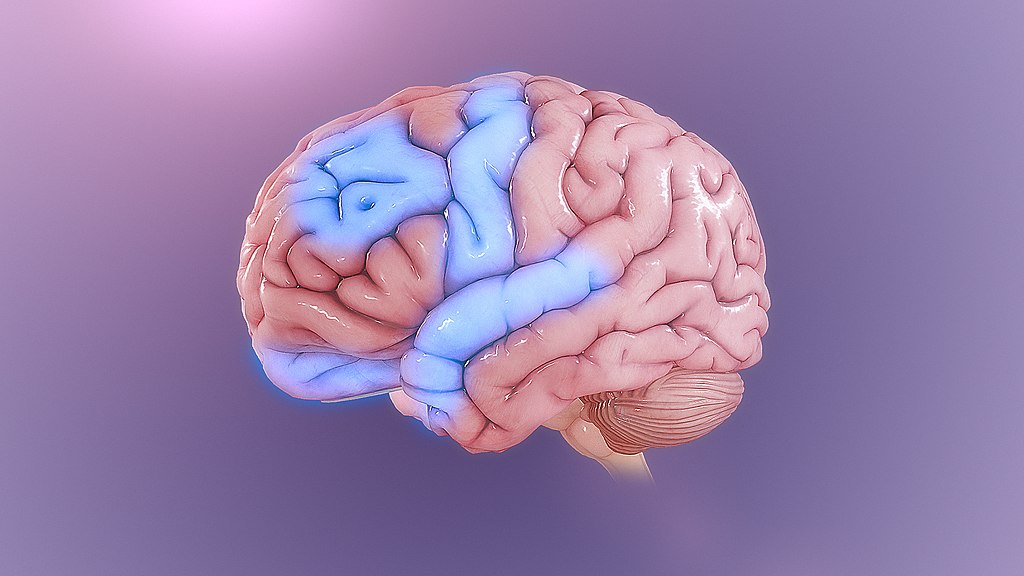
Jonathan Kanen's study of serotonin's role in adapting to new circumstances could help the treatment of mental health issues.
The results advance knowledge on the neurochemical basis of flexible Pavlovian and instrumental learning, which has implications for the understanding and treatment of numerous clinical conditions including OCD.
Jonathan Kanen et al
Lowering serotonin levels in humans impairs their ability to adapt their emotions and behaviour to changing environments which could have important implications for mental health issues and their treatment, according to a new study.
The study, led by Jonathan Kanen [2015], is published in the prestigious journal Molecular Psychiatry. It is his third first author paper of 2021*.
Many psychiatric disorders are characterised by emotional and behavioural inflexibility, but few studies have demonstrated the contribution of serotonin to these processes in humans. The researchers assessed instrumental (stimulus-response-outcome) reversal learning whereby individuals learned through trial and error which action was the best for obtaining reward or avoiding punishment initially, with the optimal action subsequently reversed. They also examined Pavlovian (stimulus-outcome) reversal learning assessed by people’s physiological responses to two different stimuli, one of which predicted a negative outcome (mild electric shock). The contingencies between stimuli and outcomes were then reversed.
Reversal learning is a fundamental process which is ubiquitous in daily life: a person must flexibly adjust learned emotional or behavioural responses to reflect new contingencies present in new circumstances. Responses must therefore be updated to maximise reward or minimise punishment in order to navigate the world effectively.
After depleting the serotonin precursor tryptophan, healthy volunteers showed impairments in adapting to changing circumstances. In cases of both instrumental and Pavlovian conditioning, the more serotonin was depleted, as assessed by plasma samples, the more pronounced reversal impairments were.
The results align with other experiments on serotonin depletion in animals and those relating to induced stress in humans and rats, as well as people with obsessive compulsive disorder [OCD].
The researchers say that their findings show impaired serotonin function can not only lead to mental distress and other psychiatric problems, but can also impede a person’s ability to engage in cognitive behavioural therapies.
They say: “The results advance knowledge on the neurochemical basis of flexible Pavlovian and instrumental learning, which has implications for the understanding and treatment of numerous clinical conditions including OCD.”
Jonathan recently completed his PhD in Psychology and a postdoctoral fellowship in Cambridge’s Behavioural and Clinical Neuroscience Institute, as the recipient of the Angharad Dodds John Bursary in Mental Health and Neuropsychiatry for 2020-2021. In 2021 he was selected for the highly competitive American College of Neuropsychopharmacology (ACNP) Travel Award. Jonathan is currently in his penultimate year as an MD candidate in the United States.
*Jonathan’s previous papers can be found here and here. Picture credit: https://www.scientificanimations.com/ and Wikimedia commons.












